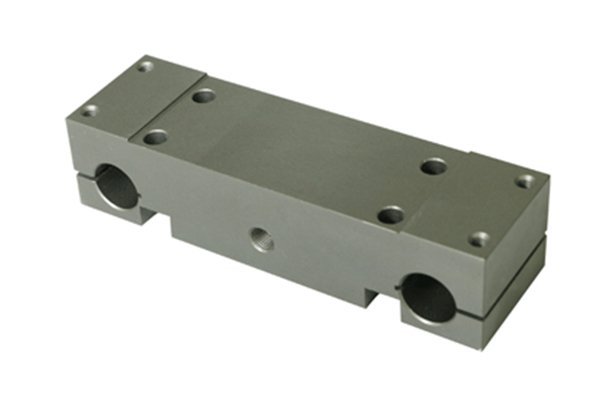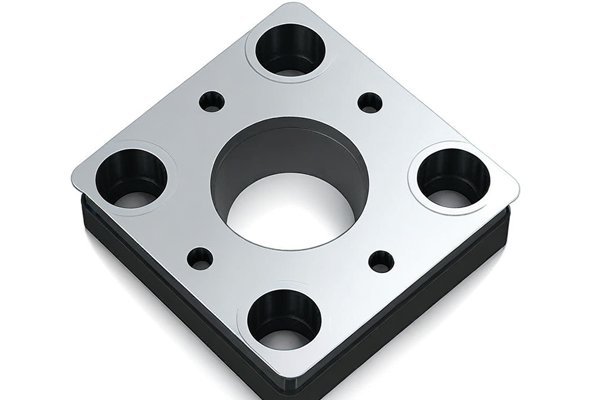Did you know that approximately 70% of companies in the manufacturing industry use CNC (Computer Numerical Control) machining to enhance their production processes? CNC machining has transformed how we handle design and manufacturing, allowing engineers and manufacturers to create precision parts with impressive speed and efficiency. As businesses strive to stay competitive in today’s fast-paced market, the role of technical consultation and support in CNC machining, especially for rapid prototyping, has become paramount.
In this blog, we will explore the intricacies of CNC machining support for rapid prototyping, discussing the key components, benefits, and best practices. Understanding how CNC machining provides technical consultation not only streamlines your production processes but also helps you mitigate risks and ensure product quality.
—
Understanding CNC Machining and Rapid Prototyping
What is CNC Machining?
CNC machining is an automated manufacturing process that uses computer software to control machine tools. These machines can perform various operations, such as milling, turning, and drilling, with a high level of accuracy and repeatability. CNC machining is extensively utilized across multiple industries, including aerospace, automotive, healthcare, and consumer products, valued for its precision and efficiency.
What is Rapid Prototyping?
Rapid prototyping is the iterative process of quickly fabricating a model, or prototype, of a physical part or assembly using 3D computer-aided design (CAD). The goal is to assess the feasibility, functionality, and performance of a product design before full-scale production begins. By utilizing CNC machining in rapid prototyping, manufacturers can generate high-quality parts to test, leading to faster development times and cost savings.
—
The Importance of Technical Consultation in CNC Machining
Why Technical Consultation Matters
When it comes to CNC machining, technical consultation involves providing expert guidance on different aspects of production, including material selection, design considerations, tooling, and processes. Here are some reasons why technical consultation is critical for successful CNC machining projects:
—
Providing Technical Support for Rapid Prototyping
Choosing the right materials is crucial when creating prototypes. Different applications may require diverse materials based on mechanical properties, thermal resistance, and expected use cases. A technical consultant can guide businesses in selecting appropriate materials, such as plastics, metals, or composites, ensuring optimal performance and cost-effectiveness.
Example: If a client needs a lightweight part that can withstand high temperatures, a consultant might recommend aluminum or specialized polymers over stainless steel.
Technical experts can assess CAD files to optimize designs for CNC machining processes. This may involve modifying geometries to reduce stress concentrations, selecting proper tolerances, and avoiding complex features that can complicate manufacturing and increase costs.

Consideration: Design for manufacturability (DFM) principles should be embedded, ensuring that the prototypes can be efficiently and accurately machined.
Choosing the right tools is essential for precise machining. A consultant can provide insights into tool selection, including flutes, coatings, and machining parameters to achieve optimal surface finish and dimensional accuracy.
Tip: The use of specialized tools, like indexable inserts or high-speed steel tools, can significantly impact the efficiency and functionality of CNC machining.
There are several CNC machining processes available, and selecting the right one significantly affects the prototyping outcome. A consultant can help determine whether milling, turning, or a combination of processes is best for a specific project.
Comparison: For complex geometries requiring high precision, CNC milling may be favored over turning due to its versatility.
Once a prototype is created, technical support extends to testing protocols and evaluation methodologies. Experts can assist in developing testing criteria that ensure the prototype meets regulatory compliance and customer requirements.
* Conformance Checks: Consultants often recommend quality assurance methodologies, such as statistical process control (SPC), to consistently track performance metrics.
—
The Road to Efficient CNC Prototyping
Best Practices for Maximizing Technical Support
To fully leverage the benefits of technical consultation during CNC machining processes, consider the following practices:
—
In conclusion, technical consultation and support in CNC machining can redefine rapid prototyping processes, paving the way for better quality, efficiency, and innovation. Engaging expert consultants can significantly impact material selection, design optimization, tooling, process selection, and evaluation, ensuring that products meet industry standards and customer expectations.
This blog highlights the importance of leveraging CNC machining’s technical consultation to adapt to market demands swiftly and efficiently. As the manufacturing landscape continues to evolve, investing time and resources into effective consultation strategies will remain vital for businesses looking to stay ahead of the competition in today’s fast-paced technological environment.
So, if you’re embarking on a new project requiring rapid prototyping, remember: the value of technical consultation is not just in solving problems, but in uncovering opportunities that drive success. Embracing this approach will help you navigate challenges and unlock the full potential of CNC machining.






